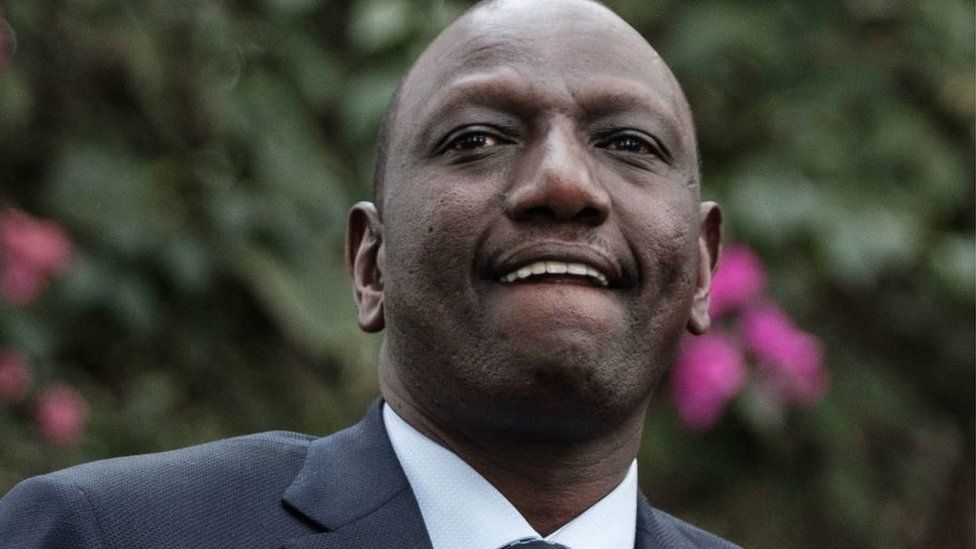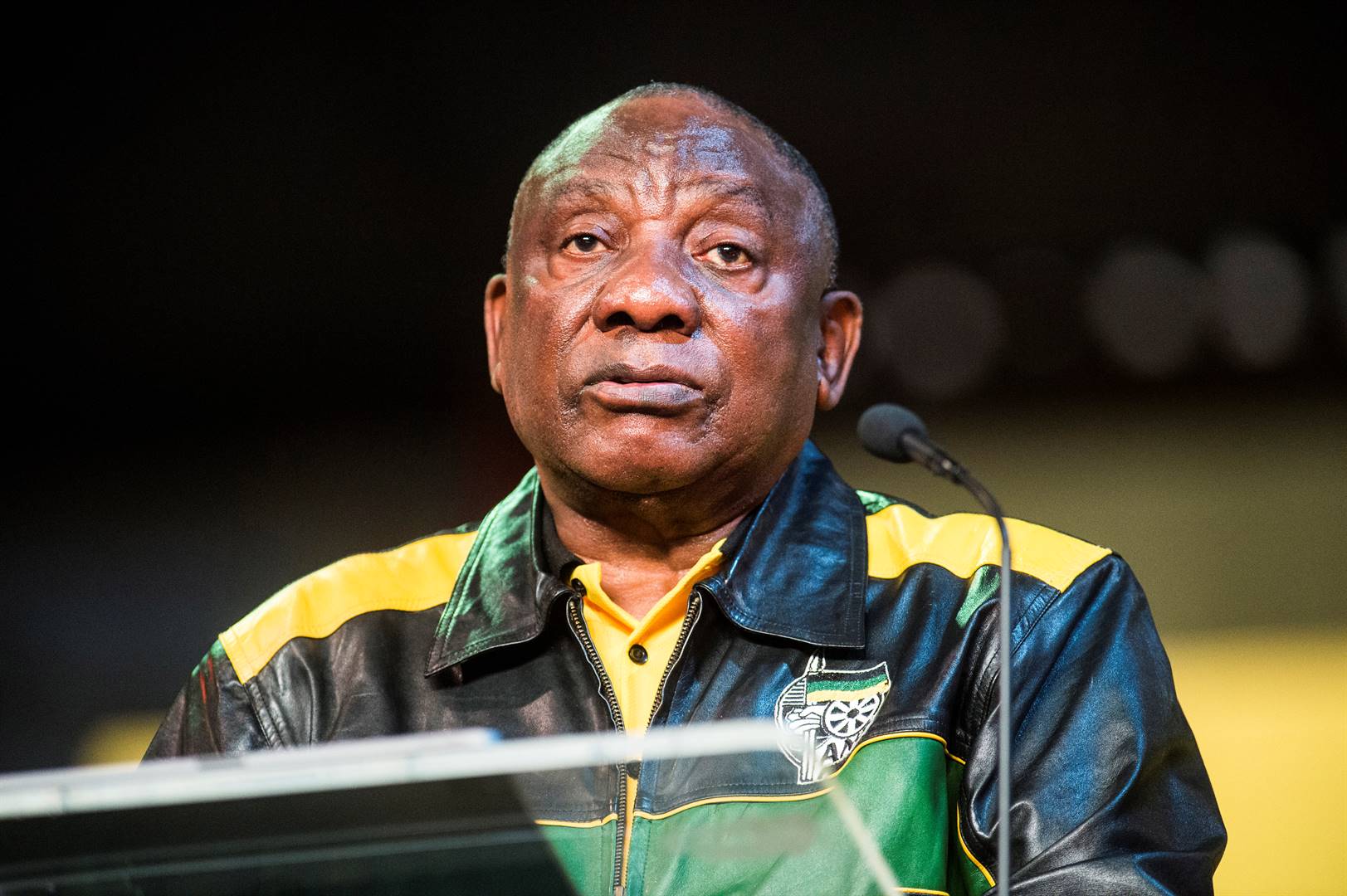Kenya’s supreme court upholds William Ruto’s win in presidential election

Kenya President William Ruto
Court dismisses opposition’s challenge against August’s vote that alleged fraud and voter suppression
Kenya’s supreme court has confirmed William Ruto as winner of the country’s disputed national vote, ending weeks of political uncertainty after the opposition – and election officials – questioned the count.
Ruto was announced winner on 15 August amid a divide within the electoral commission over the declared outcome, which showed that the vice-president had gained 50.5% of the vote, beating the longtime opposition leader, Raila Odinga, and narrowly avoiding a runoff.
More than half of the commissioners disowned the vote, terming the process “opaque”, and Odinga launched a challenge in the court, alleging fraud, voter suppression and impunity by the commission’s chair, whom he claimed acted unilaterally. It was Odinga’s fifth and likely last attempt at the presidency.

The court held that there was no credible evidence of fraud, interference or a failure of the electoral body’s technology. It held that there were valid reasons for the postponement of the gubernatorial elections in certain areas (some of which were perceived Odinga strongholds) and that there were no grounds to conclude that the postponement had affected voter turnout.
It said that all electoral commissioners were involved in the process until just before the announcement of results, and that there was no evidence to show that the process was “opaque” in a way that compromised the outcome.
“We declare the election of the president-elect to be valid,” said Martha Koome, the chief justice, in a televised ruling.
The judgment comes after a nearly two-week standstill as the country awaited the court’s determination on the disputed election. Ruto will be taking over the reins of the east African powerhouse from the departing president Uhuru Kenyatta. Kenyatta had supported Odinga’s bid, over his second-in-command’s, after they had a falling out in their second term.

Kenyatta has respected unfavourable court rulings in the past – including when his first 2017 win was nullified after a botched 2017 election – and is expected to hand over power to his deputy in the coming weeks.
While Ruto’s win is seen as ending a long chokehold on the presidency by powerful dynasties, the new leader’s ultra-religious, conservative stance and poor human rights track-record has raised some concerns among the public.
Ruto was charged at the international criminal court with crimes against humanity after the country’s 2007 post-election violence, but the case was terminated amid claims of political interference and an environment judges described as “hostile” to the prosecution and its witnesses.
But for many, more immediate concerns were at the forefront of the elections. The president-elect is taking over at an economically turbulent time for Kenya, and will be kicking off his term amid high expectations among the country’s poor, who are widely seen as having tided him into power.
Odinga still has strong public support, having won 48.8% of the vote, and many hope that he may step back into his role as a significant opposition figure.
–Guardian







